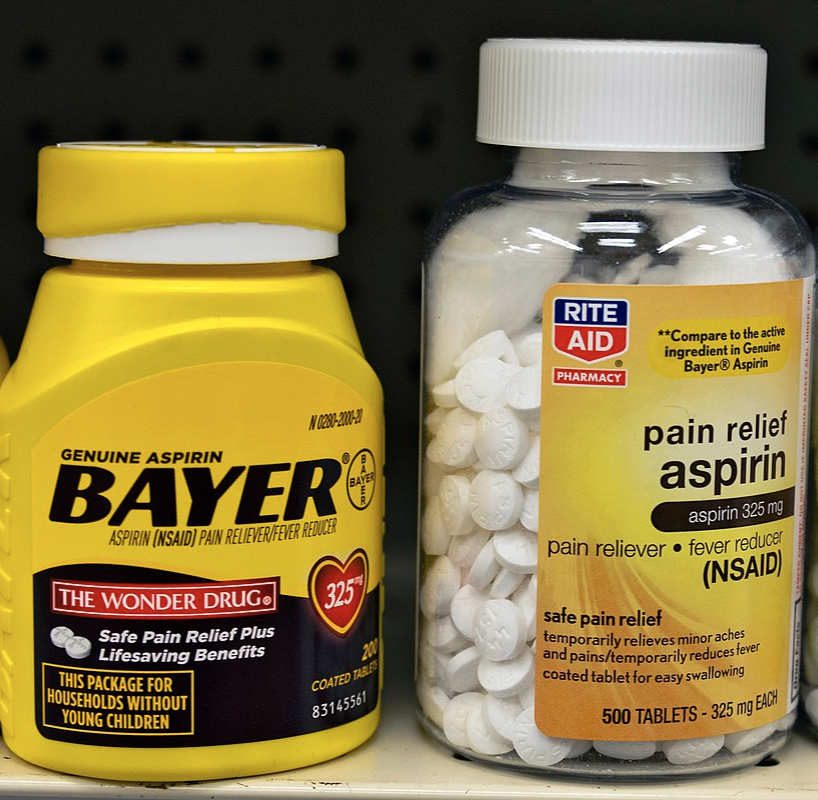MEDICAL NEWS TODAY – Taking low-dose aspirin over a long period of time might slow or even prevent the progression of colorectal cancer, according to a study published by today in CANCER, a peer-reviewed journal of the American Cancer Society.
Researchers conducted a study of tissue samples from people with colorectal cancer who used aspirin and others who didn’t in order to gain insight into how aspirin could slow the progression of the cancer.
Scientists say they are not sure why aspirin provides these benefits, but they speculate it might be because the pain medication boosts certain aspects of the immune response against cancer cells.
The researchers examined tissue samples from 238 people who had had surgery for colorectal cancer. About 12% of the participants were aspirin users.
The researchers compared those who used aspirin to those who did not.
“Experts caution that daily aspirin use may cause gastrointestinal or brain bleeding. They say the benefits and risks should be carefully considered and discussed with your physician before beginning an aspirin regimen.”
They say they discovered that in people who regularly took aspirin, cancer spread to lymph nodes at a lower rate.
They added that aspirin users also had a higher infiltration of immune cells into their tumors.
When the scientists exposed cancer cells to aspirin in the lab, they noted an increase in the protein CD80, enhancing cells’ ability to alert other immune cells to tumor-associated proteins.
People with colorectal cancer had higher levels of CD80 in their healthy rectal tissue.
The researchers believe these findings indicate a pro-immune surveillance effect of aspirin.
“Our study shows a complementary mechanism of cancer prevention or therapy with aspirin besides its classical drug mechanism involving inhibition of inflammation,” Dr. Marco Scarpa, a surgeon at the University of Padova in Italy and a principal investigator in the study, said …



